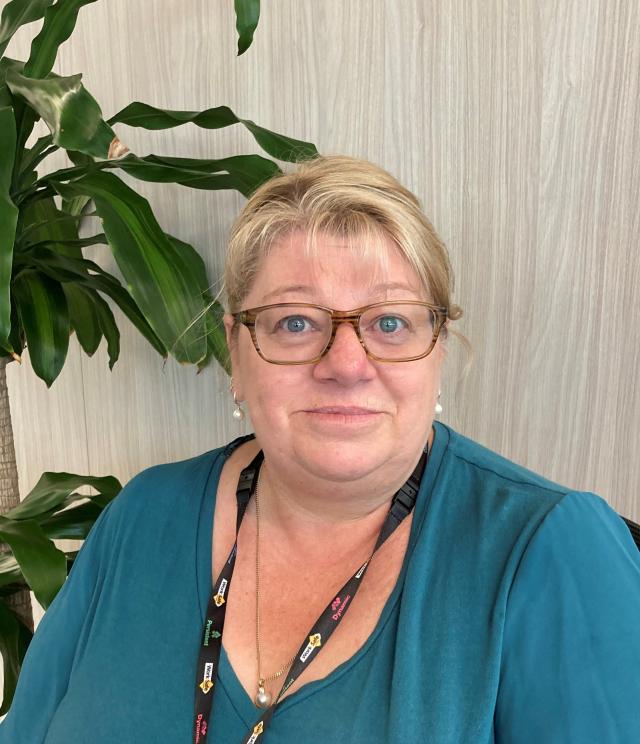More than 120 teens in the South East were seriously injured at work last year, according to WorkSafe data.
As a result, WorkSafe has launched a safety campaign WorkSafe 101 to help prepare Year 9 -12 sutdents for being safe in the workforce.
The free, interactive program will be available at high schools across Victoria.
It includes e-learning modules, videos with examples from workplaces where young people are commonly employed as well as teacher-led activities on OHS basics, identifying hazards and the importance of speaking up.
Last year WorkSafe accepted 128 injury claims from workers aged 15-19 in the Southern metro region, which includes Cardinia, Casey, Frankston, Greater Dandenong, Kingston and Mornington Peninsula council areas.
Across the state, there were 615 claims accepted from this age group.
The most common injuries were cuts and amputations (207), traumatic tendon, muscle and ligament injuries (119), fractures (112), musculoskeletal injuries (88), burns (24), and mental injuries (23).
“This is the age when many young people are starting a part-time job or moving from school to the workforce,” WorkSafe health and safety executive director Narelle Beer said.
“Starting your first job is a huge milestone and a reason for young workers and their families to feel proud.
“Sadly, too many young workers soon find that celebration turns to tragedy.”
Dr Beer said research showed young workers were more likely to accept unsafe work conditions and less likely to raise safety concerns due to a lack of Occupational Health and Safety awareness.
“We owe it to young workers to give them the knowledge to work safely and the confidence to speak up when something doesn’t feel right.”
The program was trialled with 230 Year 9 Braybrook College students last year.
Careers teacher Rowena Archer said she particularly liked the topics on bullying and other mental health hazards.
“We hope that this will help empower students with the skills to be able to say ‘that doesn’t look right’ and to query what’s actually going on in the workplace.”
In 2022, WorkSafe accepted 615 claims from workers aged 19 or younger, including 264 from casual or part-time workers and 185 from apprentices.







